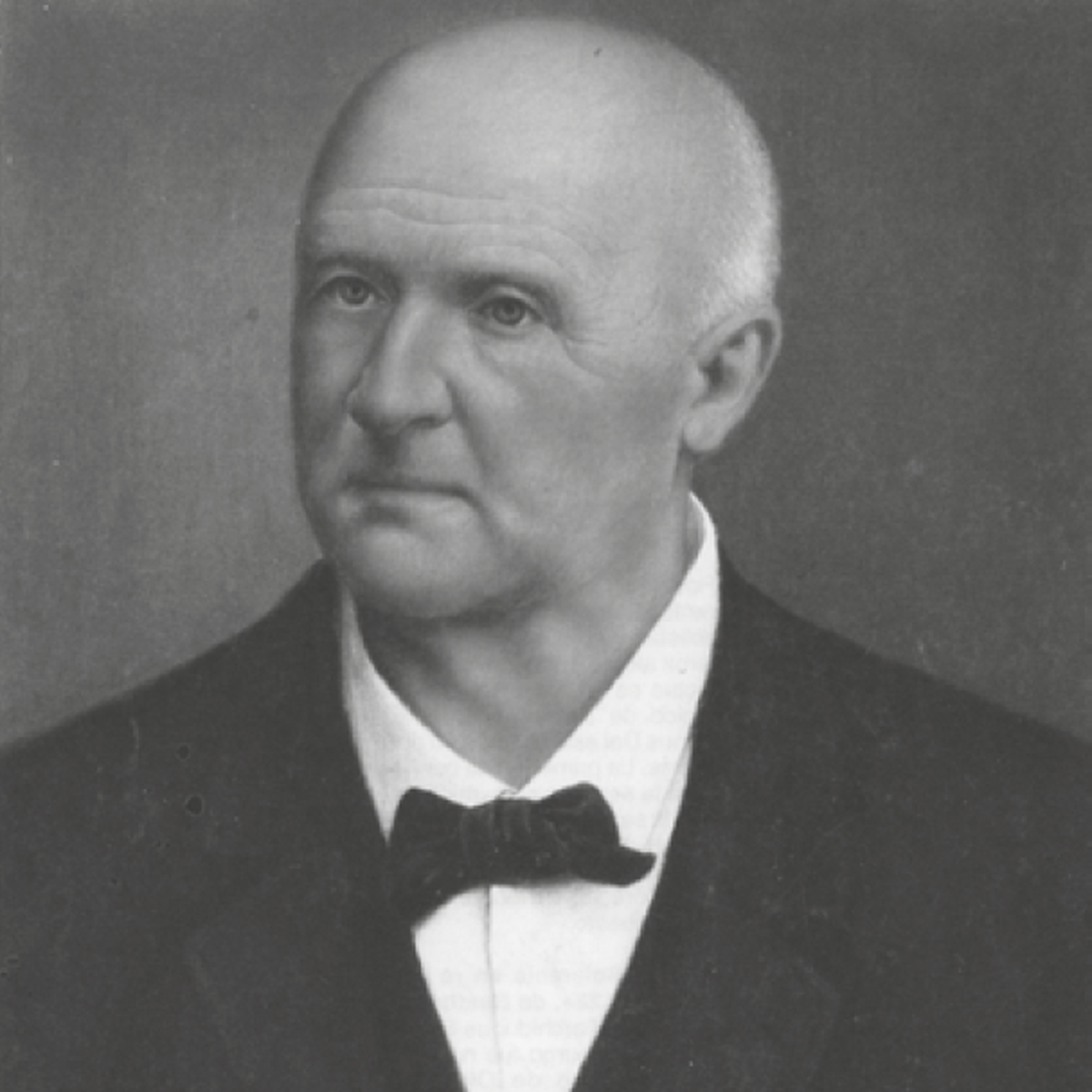Anton Bruckner
Born in Ansfelden (Austria) in 1824, he is an essential link in the evolution of a romanticism that would evolve, by the turn of the century, towards a grandiloquent post-romanticism and, in contrast, towards the emergence of the avant-garde movements of the 20th century.
In 2024, the Palau wishes to commemorate the 200th anniversary of this composer's birth by programming two of his most emblematic symphonies: Symphony No. 3, "Wagner", and Symphony No. 9, which remained unfinished.
The mutual admiration between Richard Wagner and Anton Bruckner led Wagner to declare: "If anyone has symphonic ideas after Beethoven, it is Bruckner." Bruckner, in turn, wanted to express his admiration for Wagner by dedicating one of his symphonies, the third, to him.
Bruckner could not escape the "curse of the nine symphonies", which had its first "victim" in Beethoven. In fact, Bruckner could not finish his Ninth Symphony, although it is generally performed in its entirety, despite lacking the final movement.
As an organist at the St. Florian monastery and in Linz, prior to fully dedicating himself to symphonic composition in Vienna, he was able to test some of the themes he would later develop at the symphonic level on the organ.
That is why we also remember him by programming a recital on the Walcker organ with a transcription of Symphony No. 6, performed by organist Hansjörg Albrecht.
